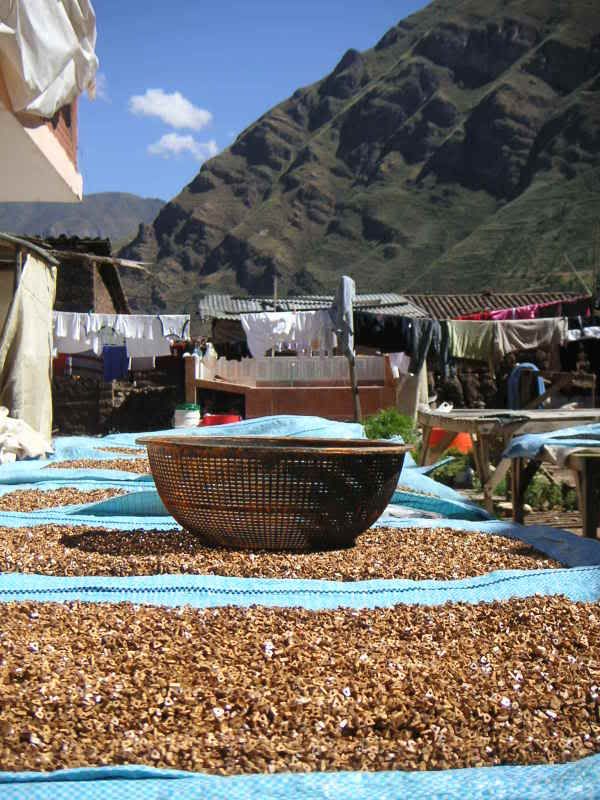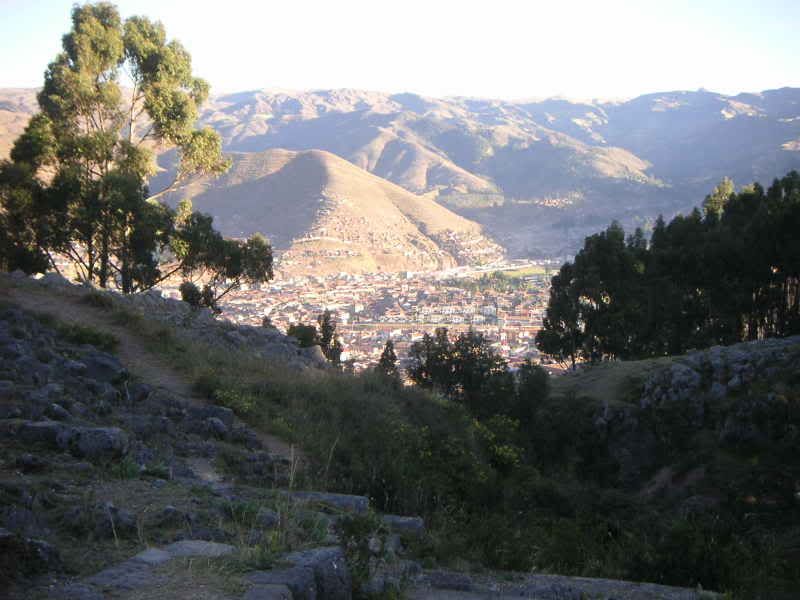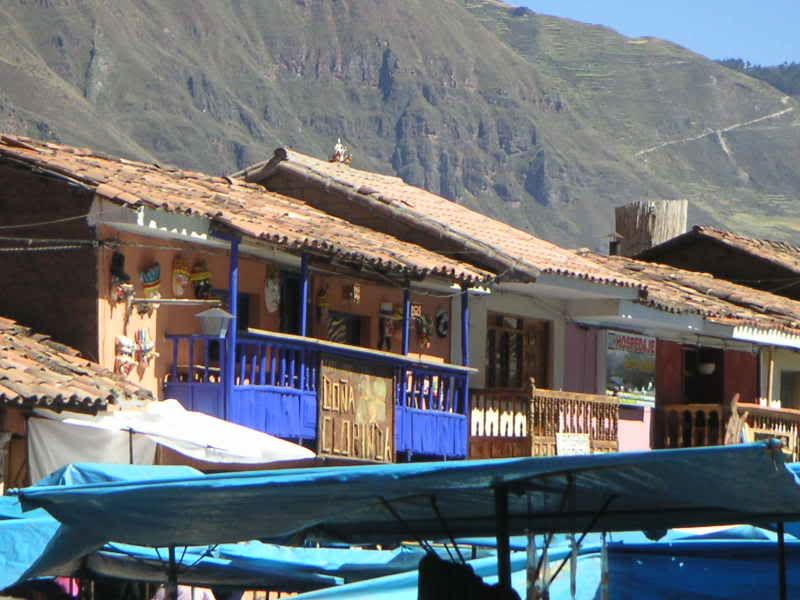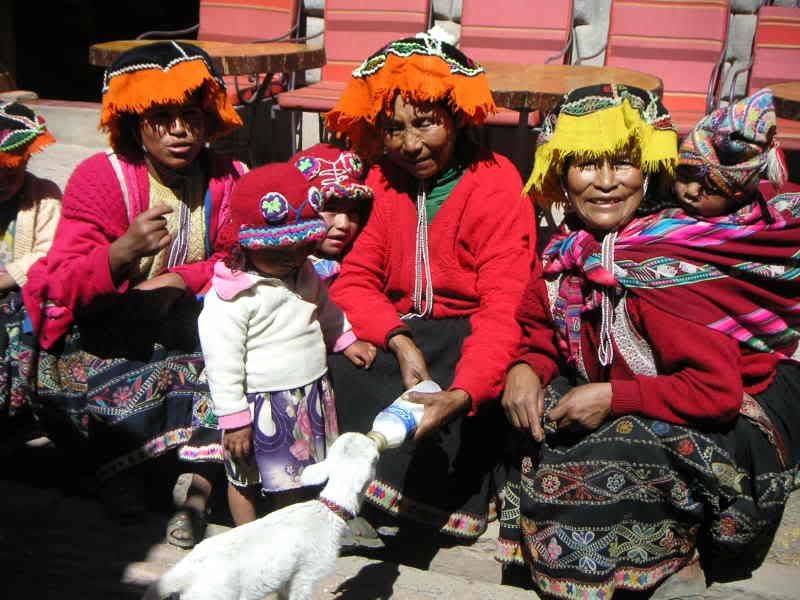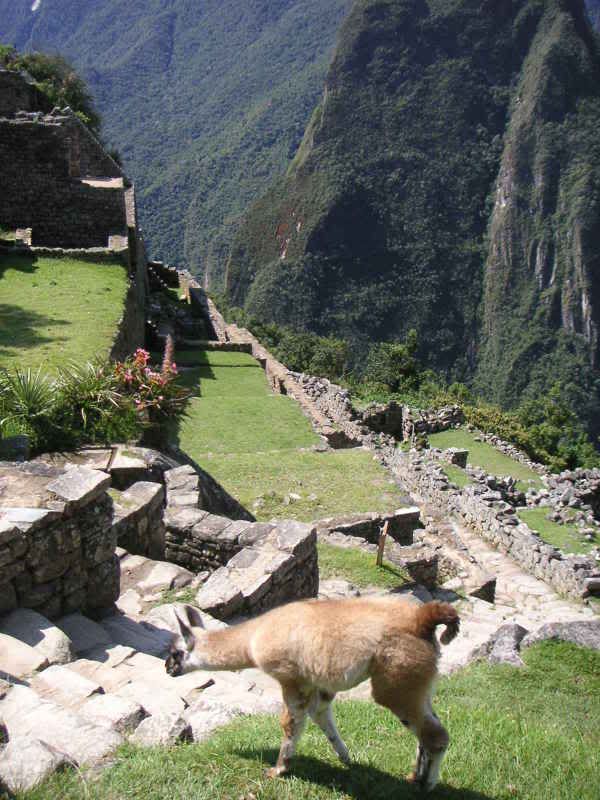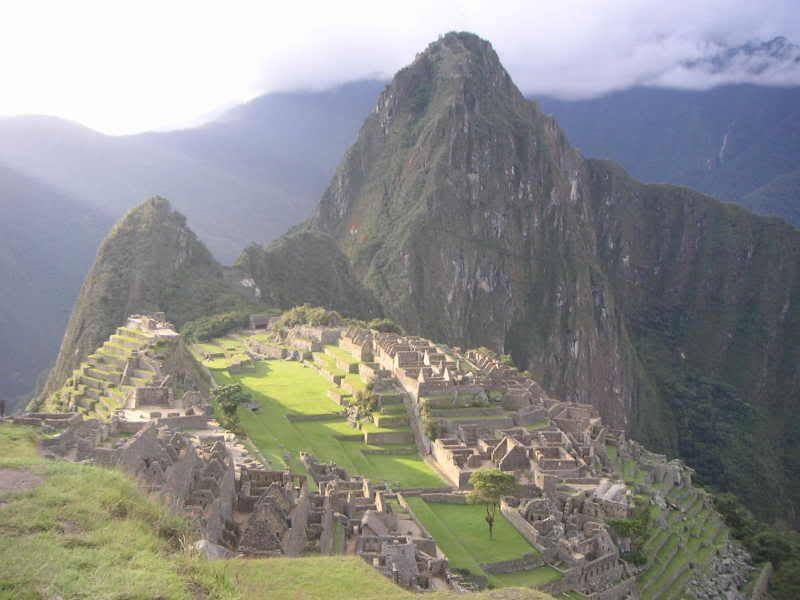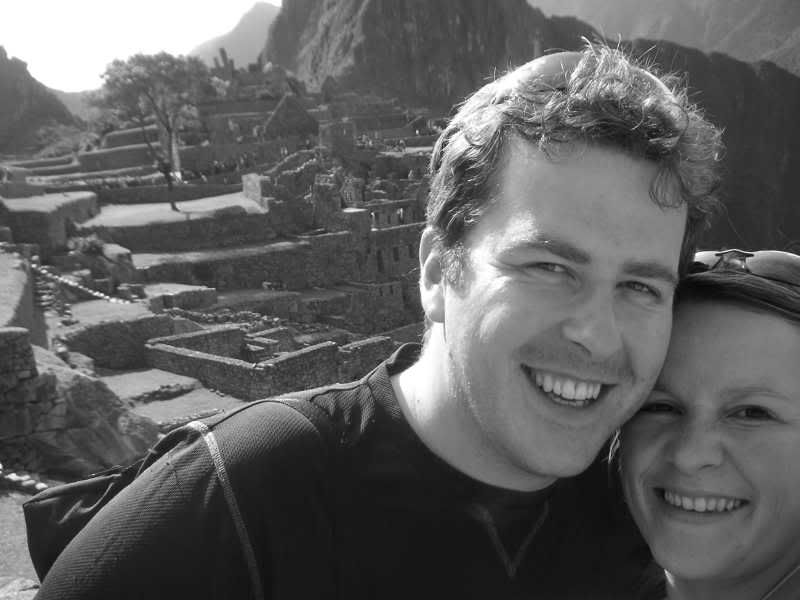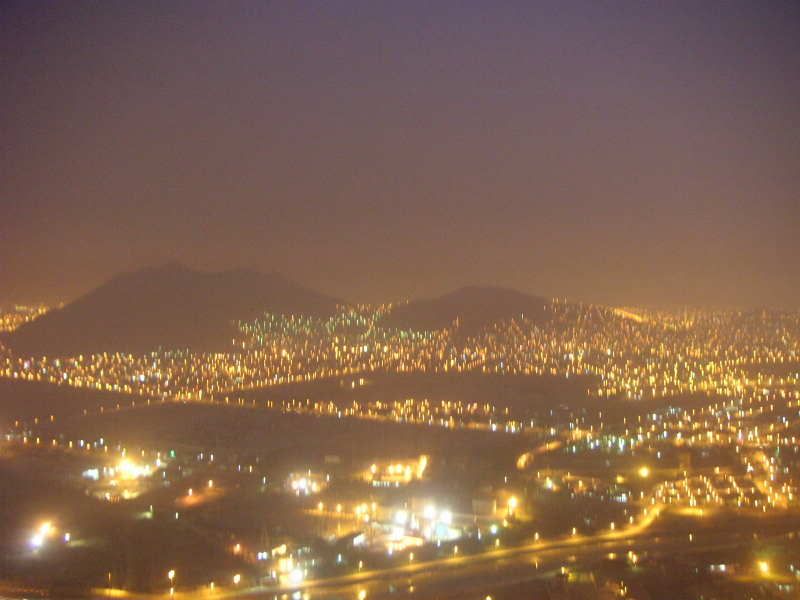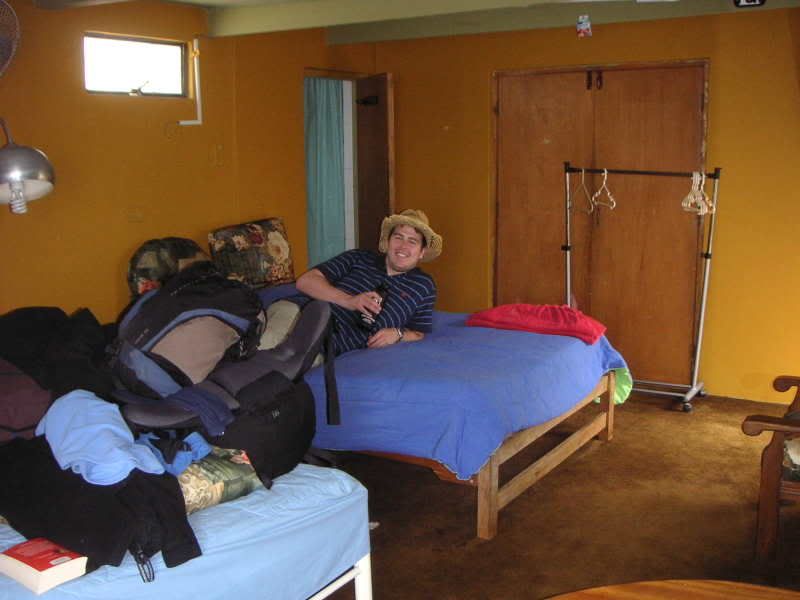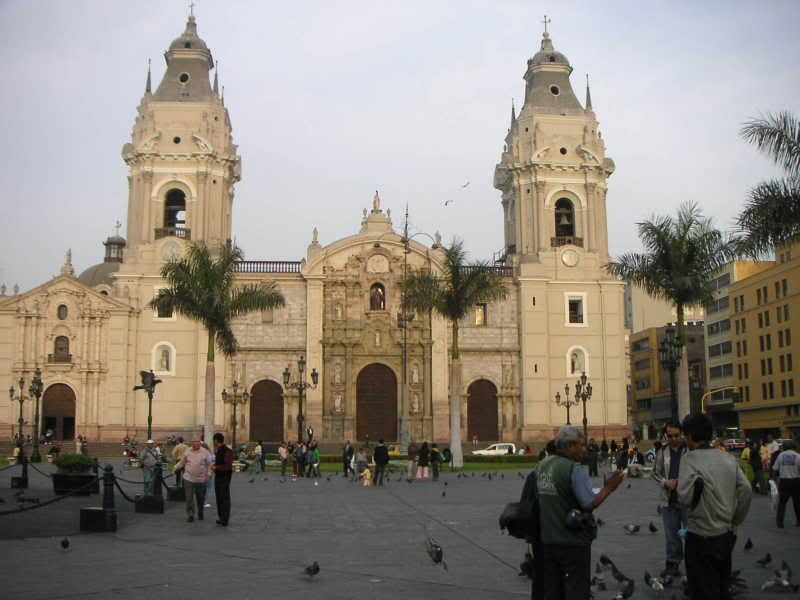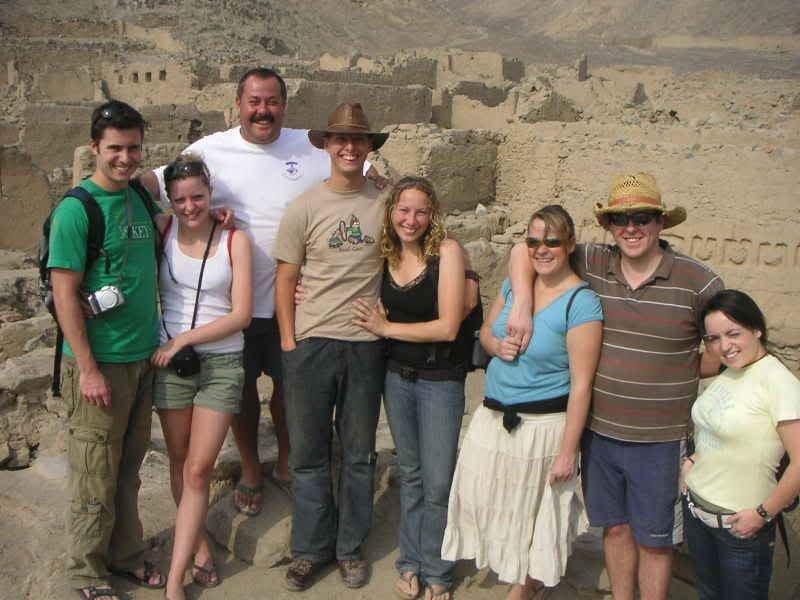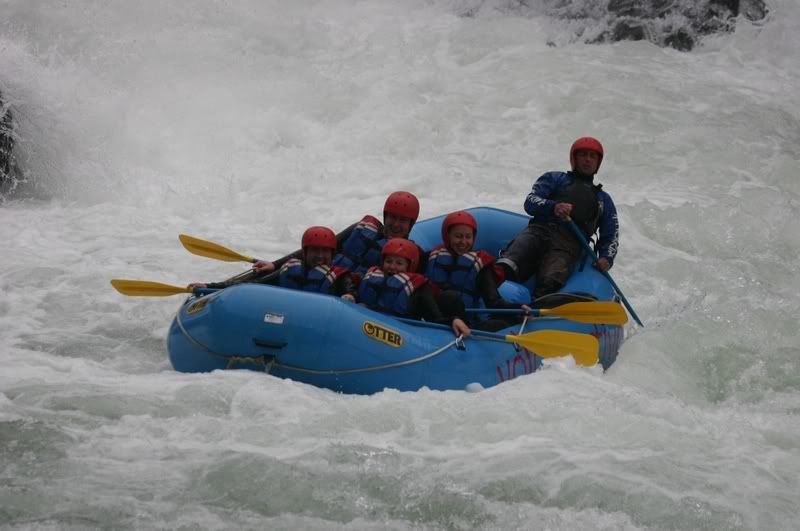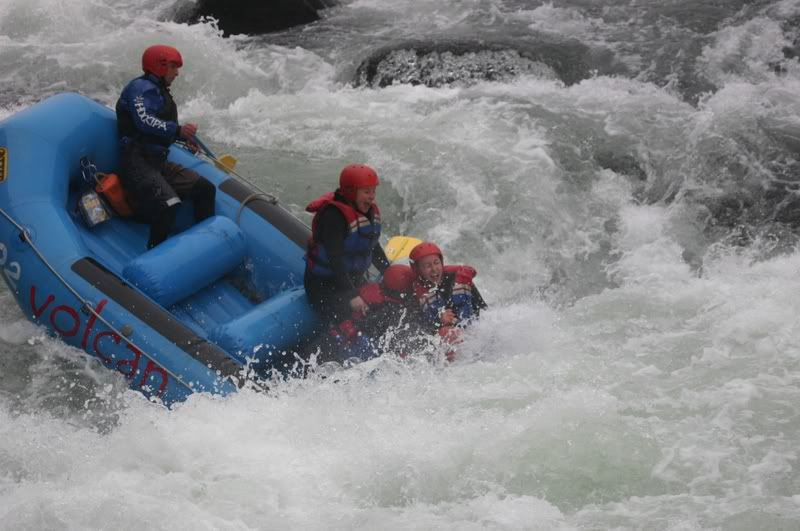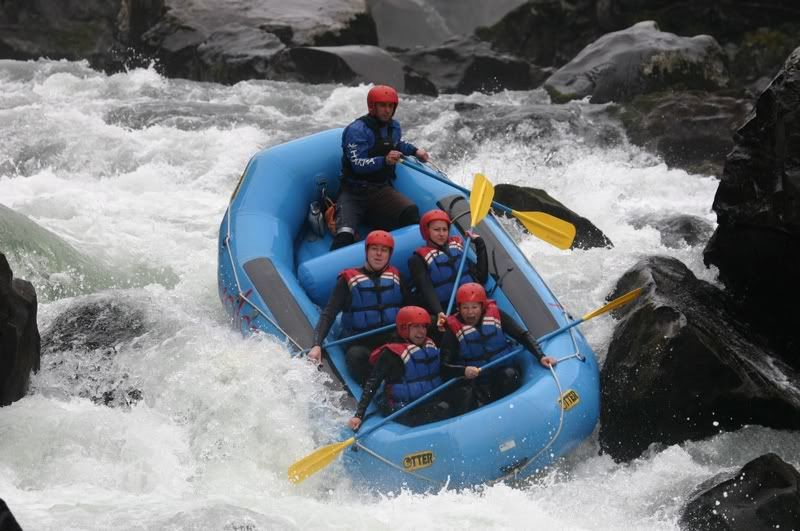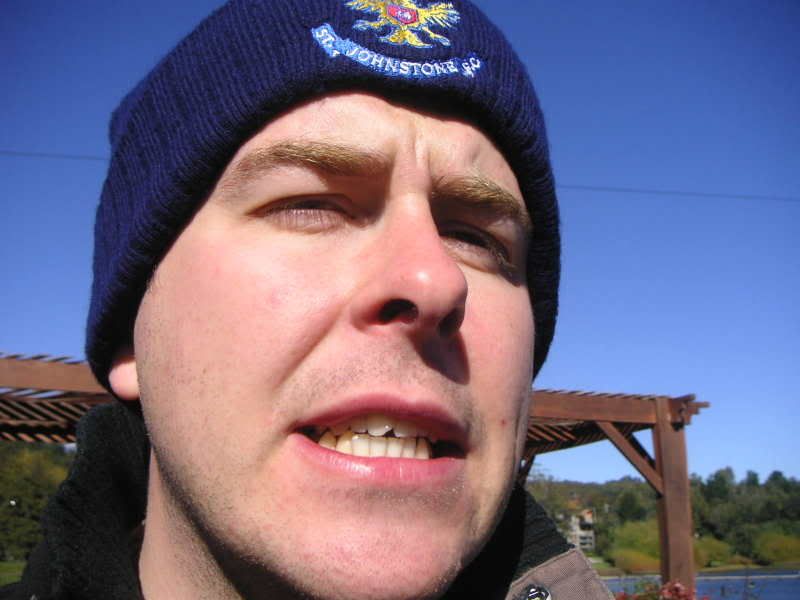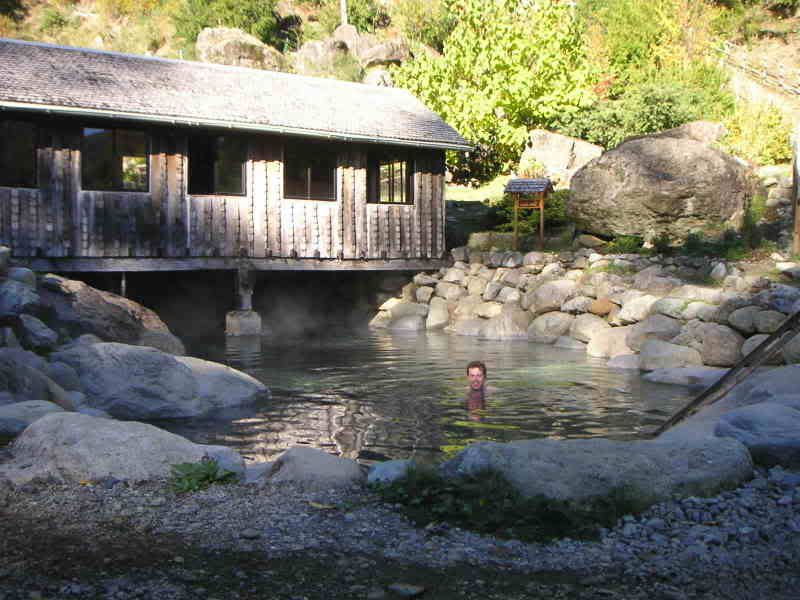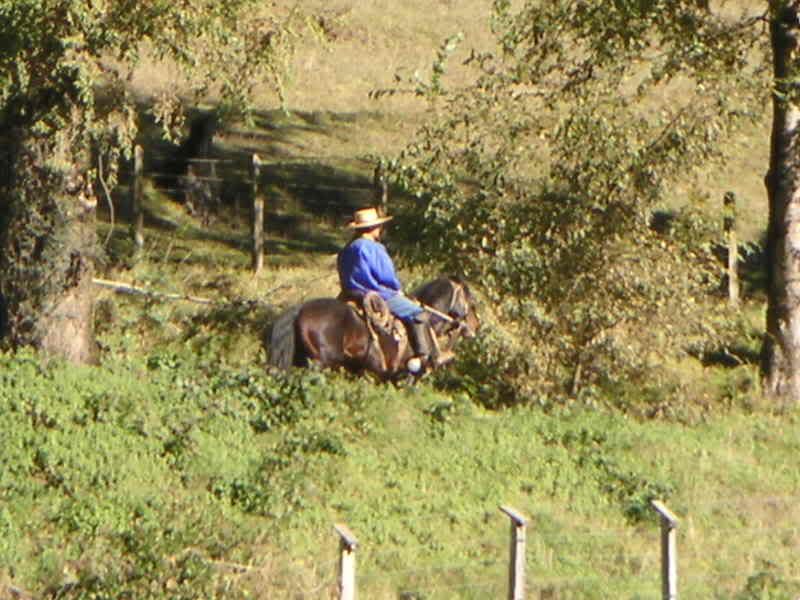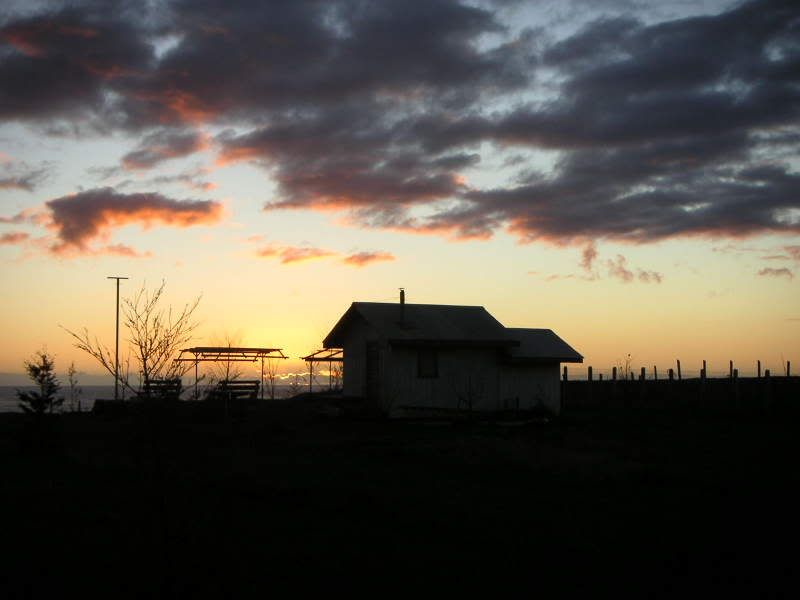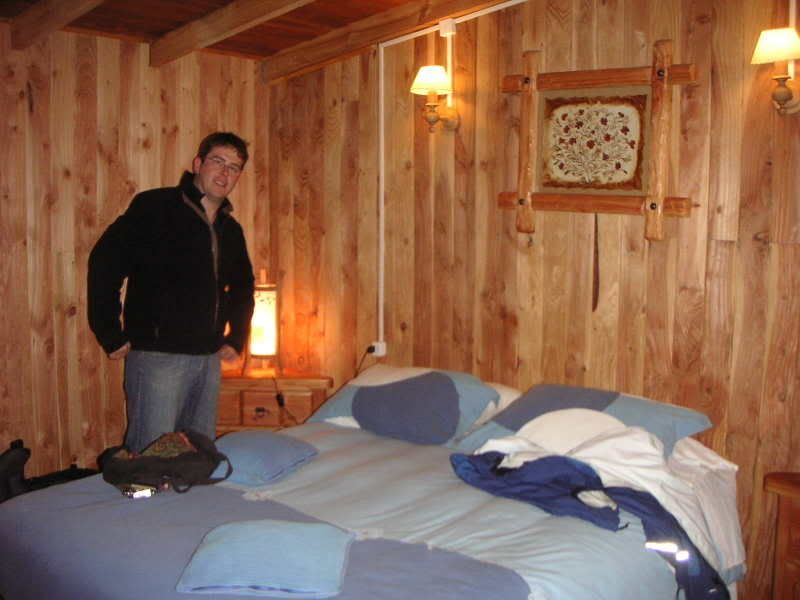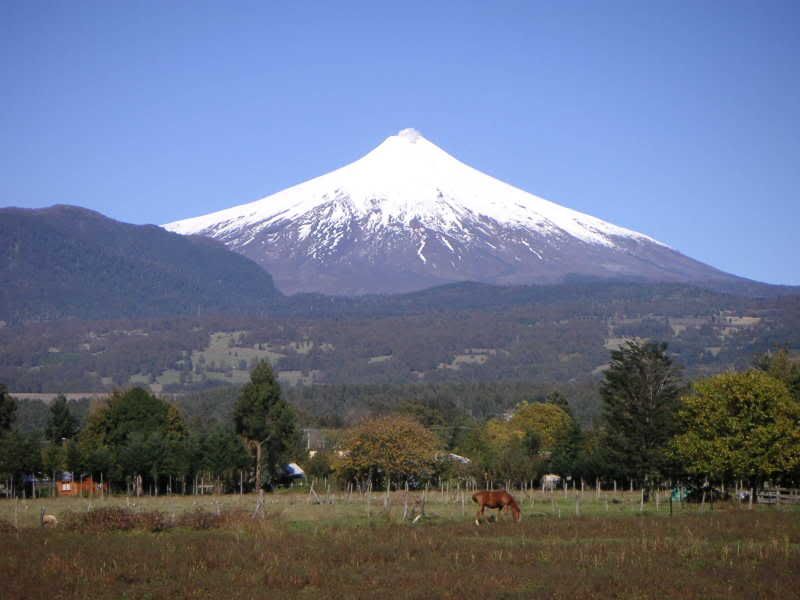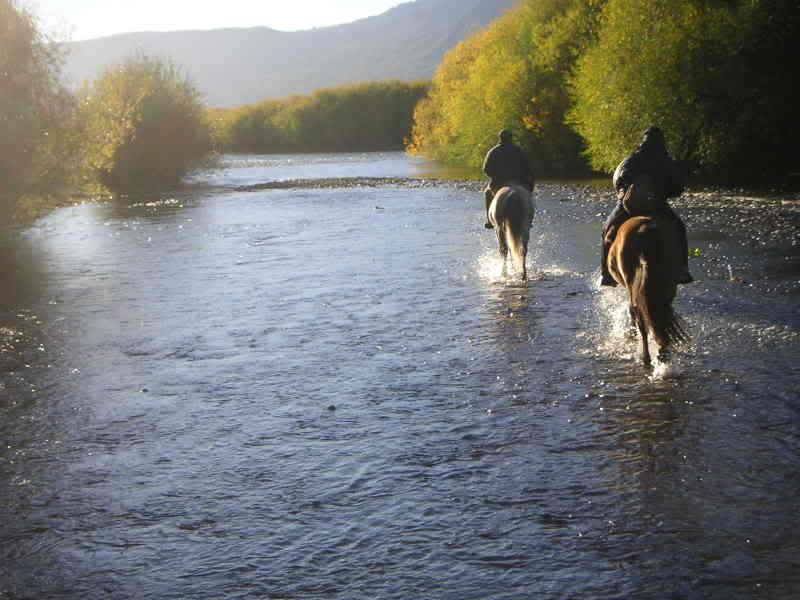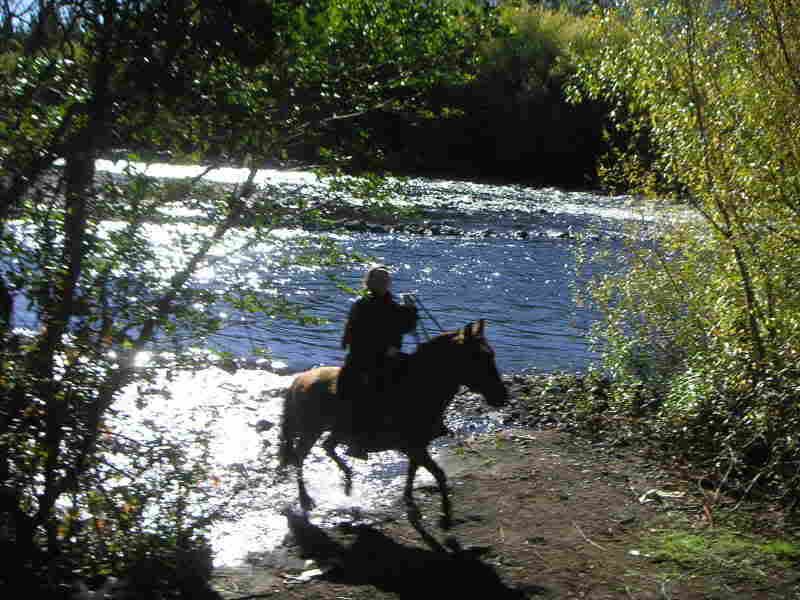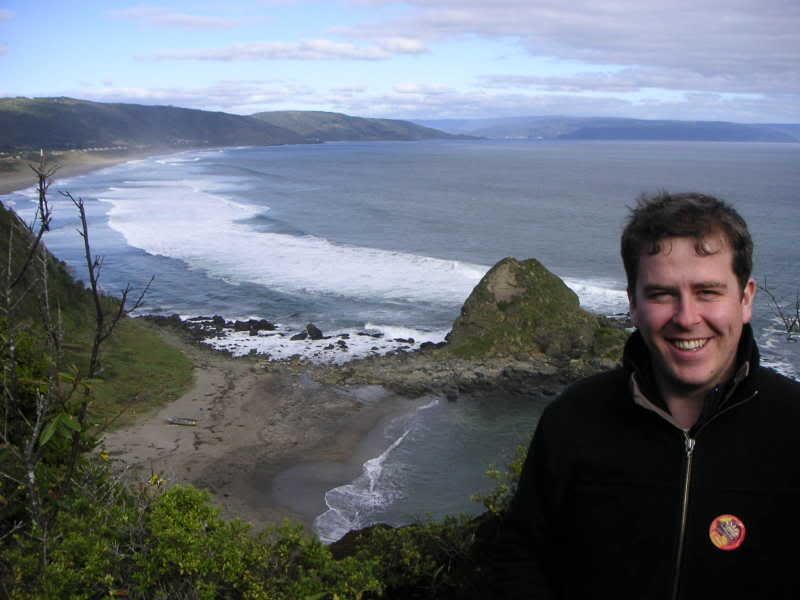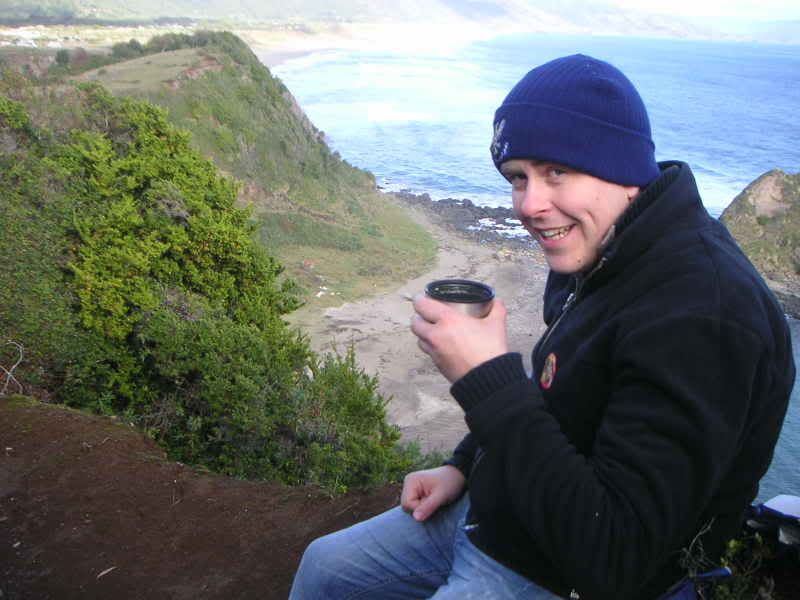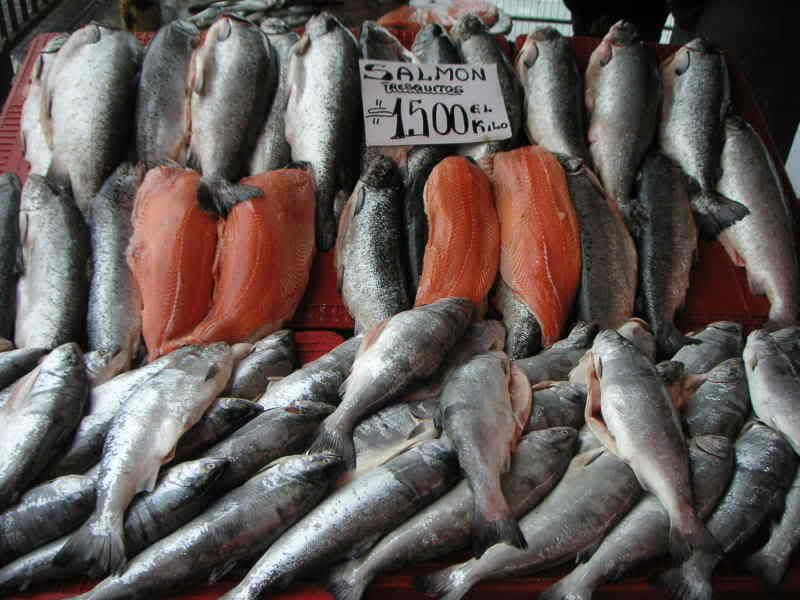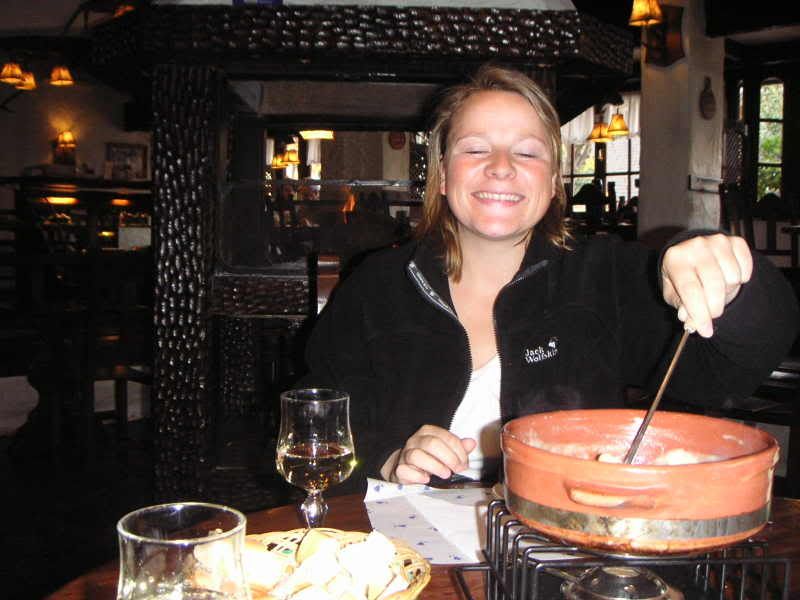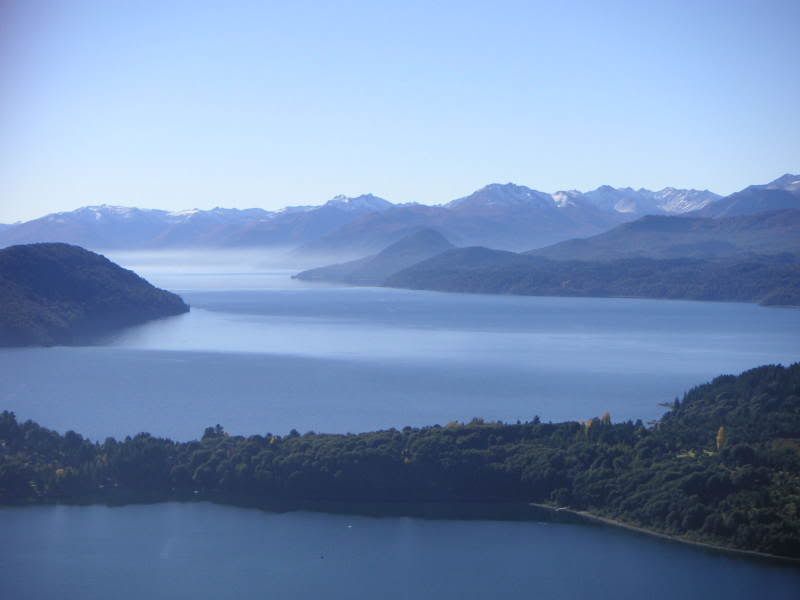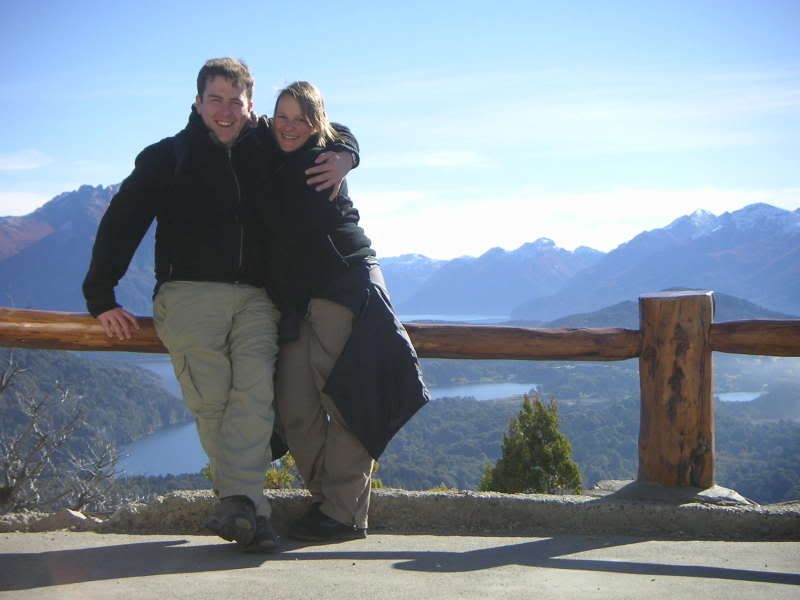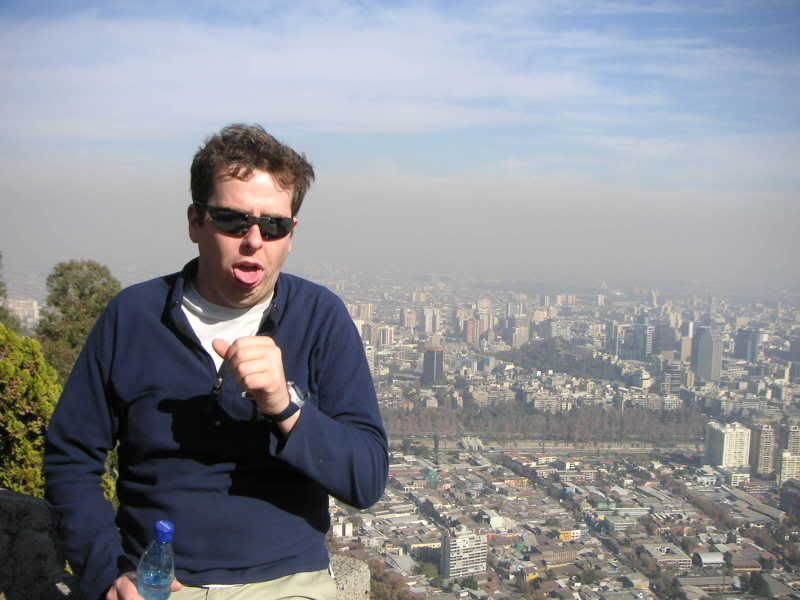
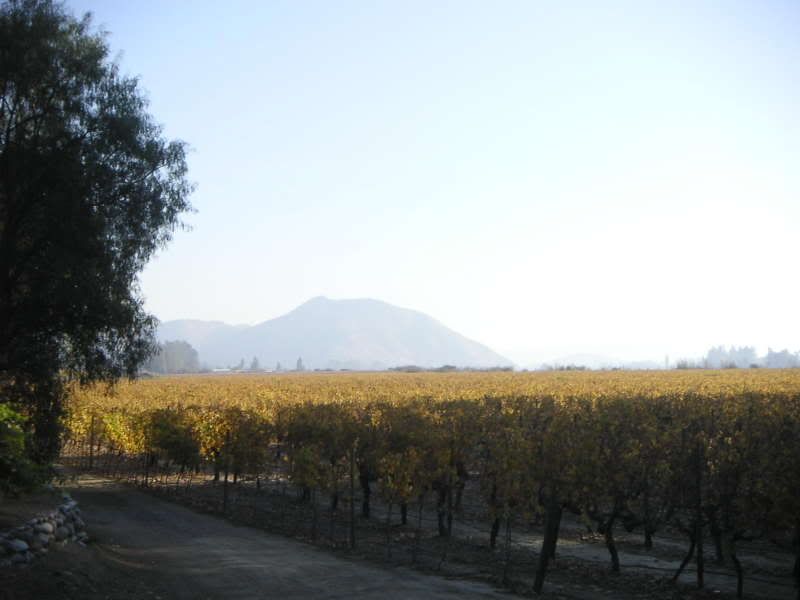
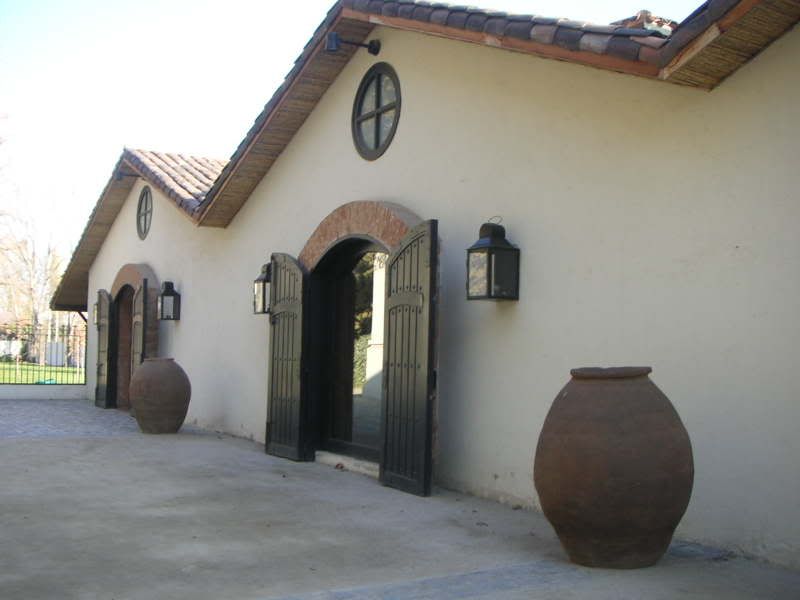
We spent 11 days in Santiago which is quite long compared to most people that stayed in our eco-hostel. But, we really enjoyed the relaxing atmosphere (in the hostel) and managed to find quite a few treasures dotted around the city-such as craft markets, funky restaurants and a really good vineyard.
However, the real highlights came from our 3 visits to hospital. The first was to get my tooth fixed at the very posh and private German clinic where we had a wonderful lunch. The second was to the local hospital for Yellow Fever injections, which was a little different with wires hanging from the ceiling etc (but very clean). But the third visit was the real highlight. We returned to the German hospital (mainly for the lunch as well as a check up for Martine). Finding that no receptionist nor nurse spoke a single word of English or German, Martine prepared for the visit in advance by writing all about her Thrombosis in Spanish, using a dictionary and our super 'Instant Spanish in 6 weeks book' so as not to have any confusion with the doctor. So Martine asked the doctor if he spoke English (a little), German (No), French(no) and thus gave him the notes she had written. He was not impressed, flicked out his pen (black ink) and spent the next few minutes correcting Martine´s spelling while she went red from the toes up and I rolled about my seat laughing (Martine had earlier corrected me at breakfast for not conjugating my verbs correctly when trying to speak Luxembourgish). Once he had finished he said in perfect English "So, now tell me what´s your problem in English."
Needless to say there weren´t any problems after all and Martine is fit and healthy. And I have a had very easy time making lots of mistakes in Luxembourgish without being corrected once. Revenge is sweet!
